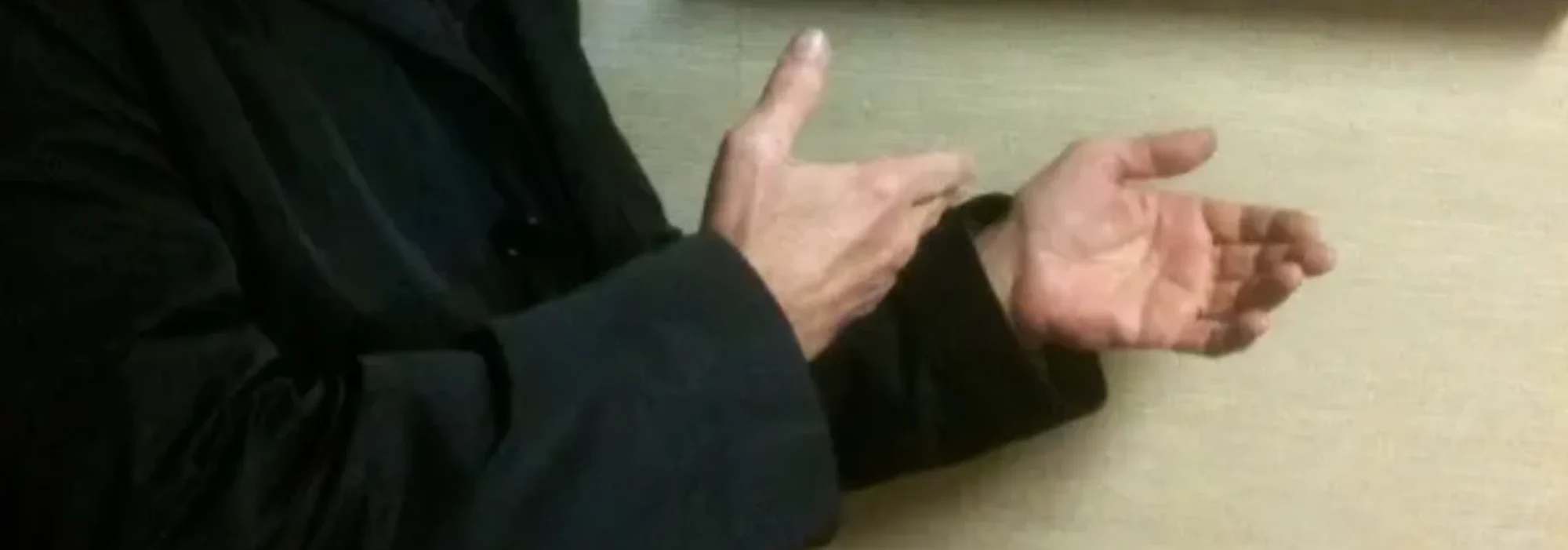He and his vocabulary of charms haunt us, to the point that Dasein no longer needs the italics of a foreign word. The expurgation of Yiddish from German culture — admittedly a backhanded way to speak of the Holocaust — meant that a promising rival cognate of sorts was obliterated from wide currency. Doikayt could be translated as “here-and-now-ness” (Da-keit in German, as opposed to Da-sein, “being there”). It was a guiding principle of Bundism, the organized social democratic movement in eastern Europe whose focus was to seek alliances with other distinct and even sometimes hostile cultures, customs and religions in multicultural societies. After all, there is no escape possible from the principal contradiction, which is capitalism. So why go anywhere? Doikayt lost out to the escapist Zionist ideal of “somewhere-other-ness” (but a somewhere “we” once were). A relique of twentieth-century political nomencature, doikayt survived for only a few more decades, confined to the Yiddish-speaking diaspora, a seed without issue. As for Dasein, it has, alas, prospered, a fetish to wield within the English-speaking critical-theoretical academy, snaring us in convoluted tangles of speculative meaning from which there is no exit.
***
On the importance of Yiddish to high German literature, see Deutsch-Jüdischer Parnass: Literaturgeschichte eines Mythos, Willi Jasper. As for the relation German once had with the Yiddish language: Was ist Deutsch?, Utz Maas. Finally, for bios and close-ups of the literary figures in the Canadian diaspora who wrote in Yiddish and Hebrew, there is Cents ans de littérature yiddish et hébraïque au Canada, Heim-Lieb Fuks et Pierre Anctil. In the mid-twentieth century, small cells of Bundist affiliation influenced Canadian social democracy, in the big cities at least. The history of the Prairies was entirely different, but no less an extension of ideology forged in eastern Europe, not necessarily, it goes without saying, in the Pale.
— H. H. N.
